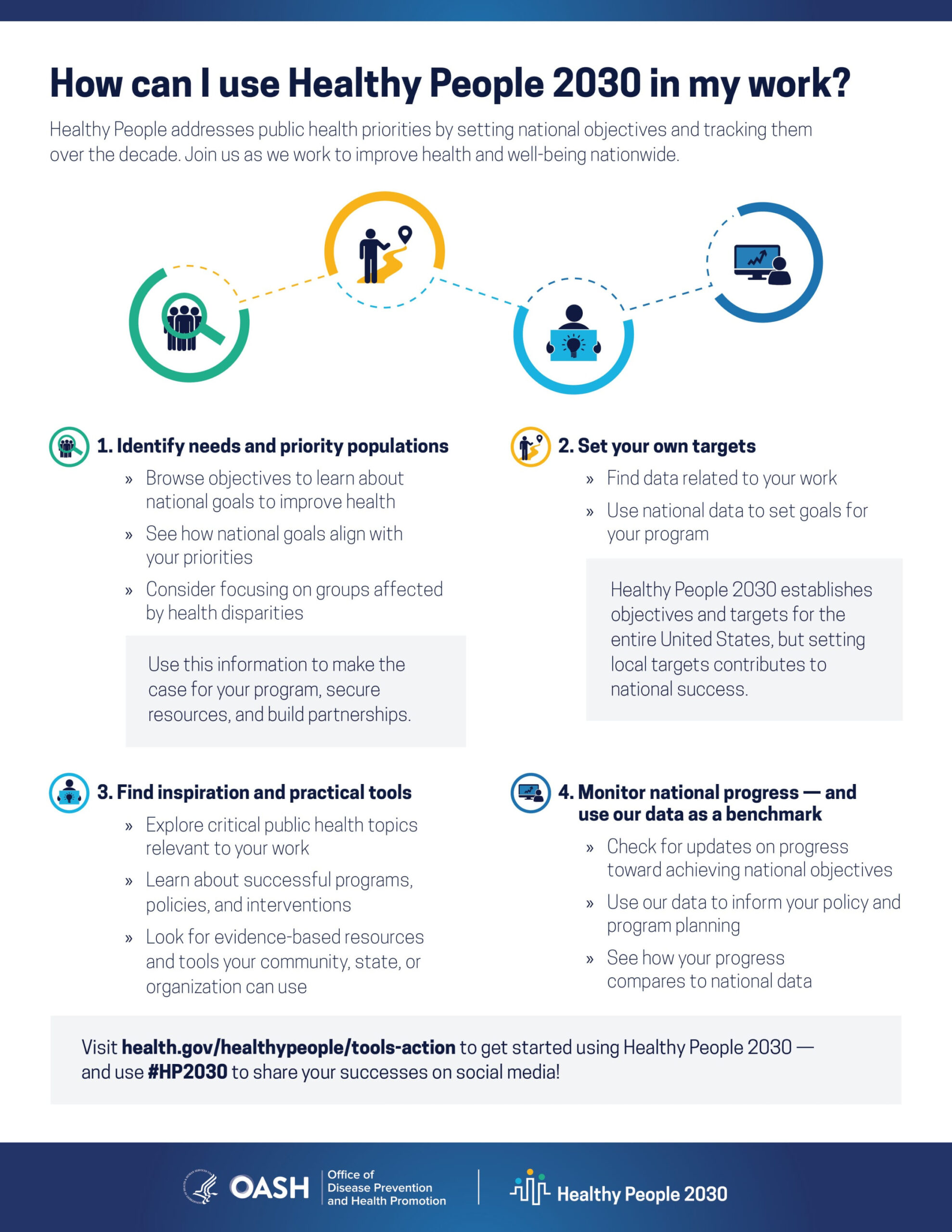In the year 2030, the landscape of food is likely to be vastly different from what we know today. Driven by technological advancements, environmental concerns, and evolving consumer preferences, the food industry is undergoing a profound transformation. One of the most significant trends emerging is the rise of personalized nutrition.
Personalized nutrition, as the name suggests, involves tailoring dietary recommendations to an individual’s unique genetic makeup, health status, and lifestyle. This approach recognizes that no two people are identical, and therefore, a one-size-fits-all approach to nutrition is inadequate. By analyzing an individual’s DNA, researchers can identify genetic variations that influence nutrient absorption, metabolism, and disease risk. This information can be used to create personalized meal plans that optimize health outcomes.
One of the key technologies driving personalized nutrition is genomics. Genomics is the study of the entire set of genes in an organism. By sequencing an individual’s genome, scientists can identify specific genes associated with various health conditions, such as obesity, diabetes, and heart disease. This information can be used to predict an individual’s risk for these conditions and develop personalized dietary interventions to mitigate those risks.

In addition to genomics, other technologies are also contributing to the advancement of personalized nutrition. Wearable devices, such as smartwatches and fitness trackers, can monitor an individual’s activity levels, sleep patterns, and vital signs. This data can be combined with genetic information to provide a more comprehensive picture of an individual’s health and well-being.
Personalized nutrition is also being influenced by the growing trend of plant-based diets. As consumers become more aware of the environmental and health benefits of plant-based foods, they are increasingly seeking out plant-based alternatives to traditional meat and dairy products. Personalized nutrition can help individuals transition to plant-based diets by providing tailored recommendations based on their individual nutritional needs.
One of the challenges facing personalized nutrition is the complexity of the human body. While genomics can provide valuable insights into an individual’s genetic makeup, it is important to recognize that other factors, such as environmental influences and lifestyle choices, also play a significant role in health. Therefore, personalized nutrition must be combined with other approaches, such as exercise, stress management, and adequate sleep, to achieve optimal health outcomes.
Another challenge is the cost of personalized nutrition. While the cost of genetic testing has decreased significantly in recent years, it is still a relatively expensive procedure. Additionally, the development of personalized meal plans requires expertise from nutritionists and dietitians, which can also add to the cost. However, as personalized nutrition becomes more mainstream, it is likely that the cost will continue to decrease.
Despite these challenges, the future of personalized nutrition looks promising. As technology continues to advance, we can expect to see even more sophisticated and effective personalized nutrition programs. These programs will not only help individuals improve their health but also contribute to a more sustainable and equitable food system.
2. The Rise of Personalized Medicine
Imagine a future where your doctor doesn’t just prescribe a generic medication but a treatment tailored specifically to your unique genetic makeup. This isn’t a scene from a futuristic sci-fi film; it’s a glimpse into the reality of personalized medicine, a healthcare revolution that’s rapidly gaining momentum.
Personalized medicine, also known as precision medicine, is a medical approach that uses an individual’s genetic information to guide decisions about the prevention, diagnosis, and treatment of disease. It’s based on the understanding that no two people are genetically identical, and therefore, their responses to treatments can vary significantly.
The advent of advanced technologies, such as DNA sequencing and big data analytics, has made personalized medicine a viable reality. By analyzing an individual’s genetic information, healthcare providers can identify genetic variations that may predispose them to certain diseases or influence their response to specific treatments. This information can be used to develop more targeted and effective treatment plans.
One of the most promising areas of personalized medicine is cancer treatment. Traditional cancer treatments, such as chemotherapy and radiation therapy, often have severe side effects. Personalized medicine offers the potential to develop more targeted therapies that can attack cancer cells without harming healthy tissues. For example, researchers are developing drugs that specifically target genetic mutations found in certain types of cancer cells.
Another area where personalized medicine is making a significant impact is in the treatment of rare diseases. Rare diseases are often difficult to diagnose and treat due to their low prevalence. Personalized medicine can help to identify the genetic causes of rare diseases, leading to more accurate diagnoses and targeted treatments.
In addition to cancer and rare diseases, personalized medicine is also being applied to other areas of healthcare, such as cardiovascular disease, diabetes, and mental health. For example, researchers are developing genetic tests to identify individuals at risk for heart disease and diabetes, allowing for early intervention and prevention.
While personalized medicine offers great promise, it also raises important ethical and social concerns. One of the main concerns is the potential for genetic discrimination. If an individual’s genetic information is misused, they could face discrimination in employment or insurance. To address these concerns, it is essential to develop strong privacy and data protection laws.
Another concern is the cost of personalized medicine. DNA sequencing and other advanced technologies can be expensive, making personalized medicine inaccessible to many people. As the cost of these technologies continues to decline, it is likely that personalized medicine will become more widely available.
In conclusion, personalized medicine is a rapidly evolving field with the potential to revolutionize healthcare. By leveraging an individual’s genetic information, healthcare providers can develop more targeted and effective treatments for a wide range of diseases. As personalized medicine continues to advance, we can expect to see significant improvements in patient outcomes and overall health.
 Udento Lifestyle & Health
Udento Lifestyle & Health




